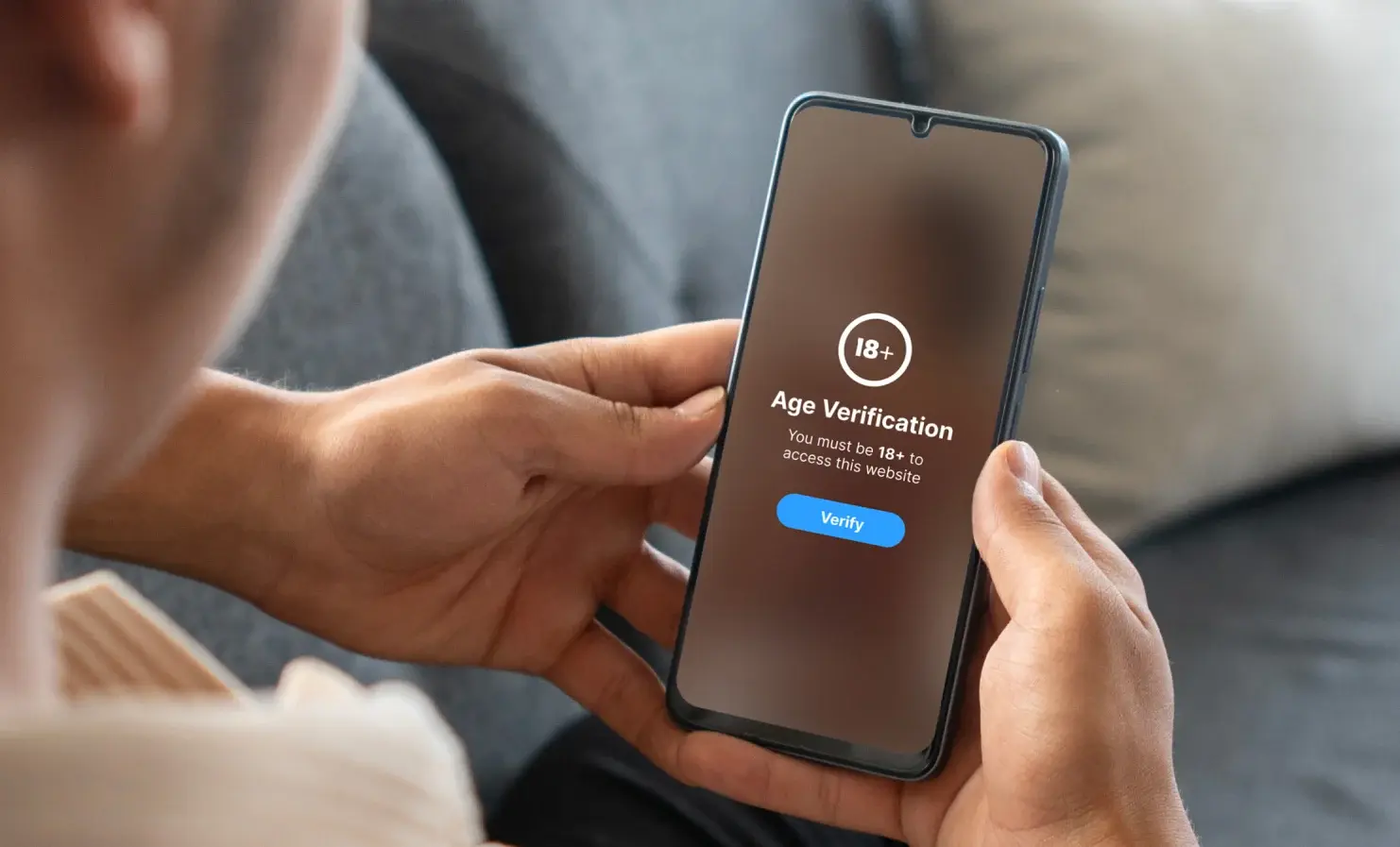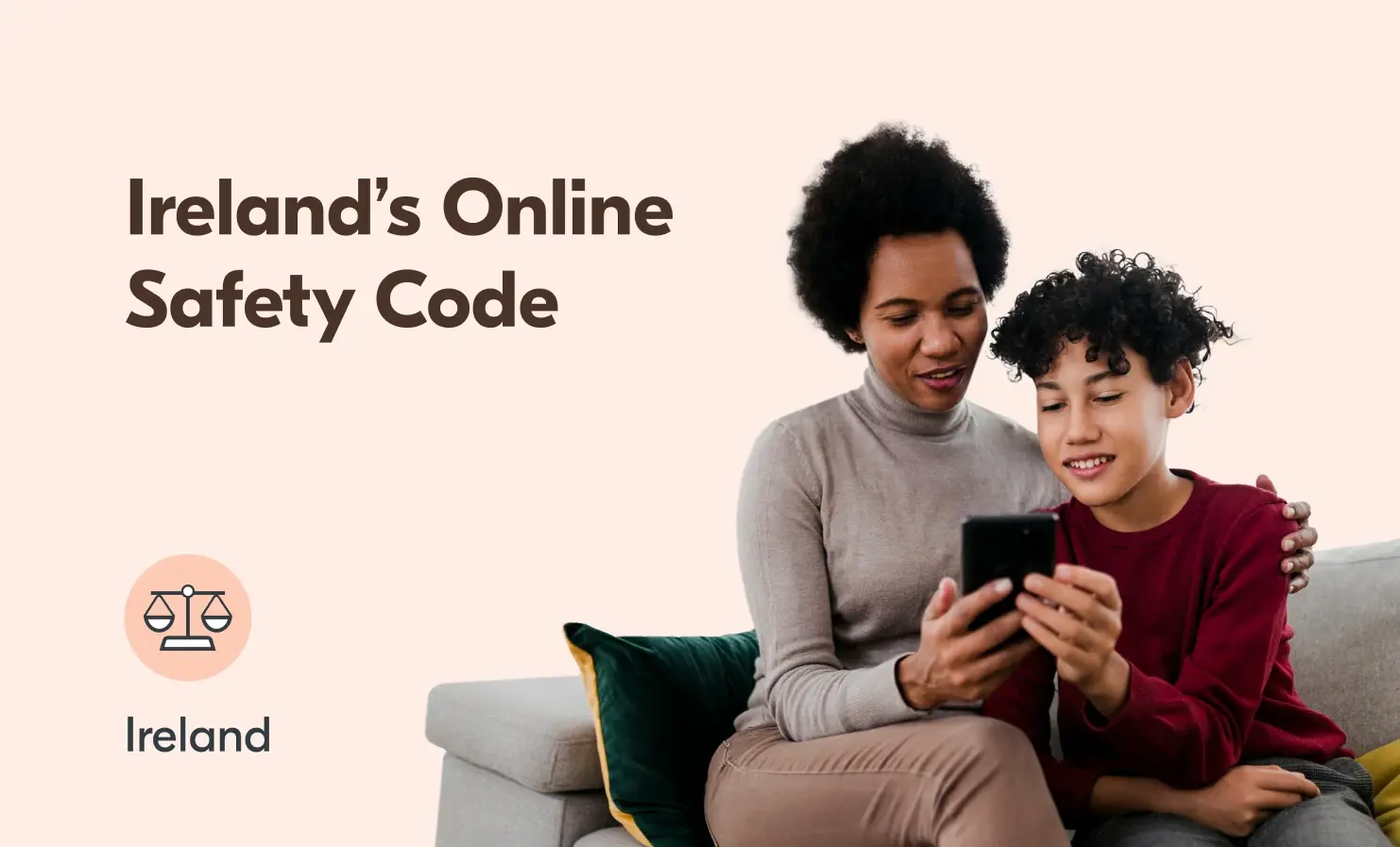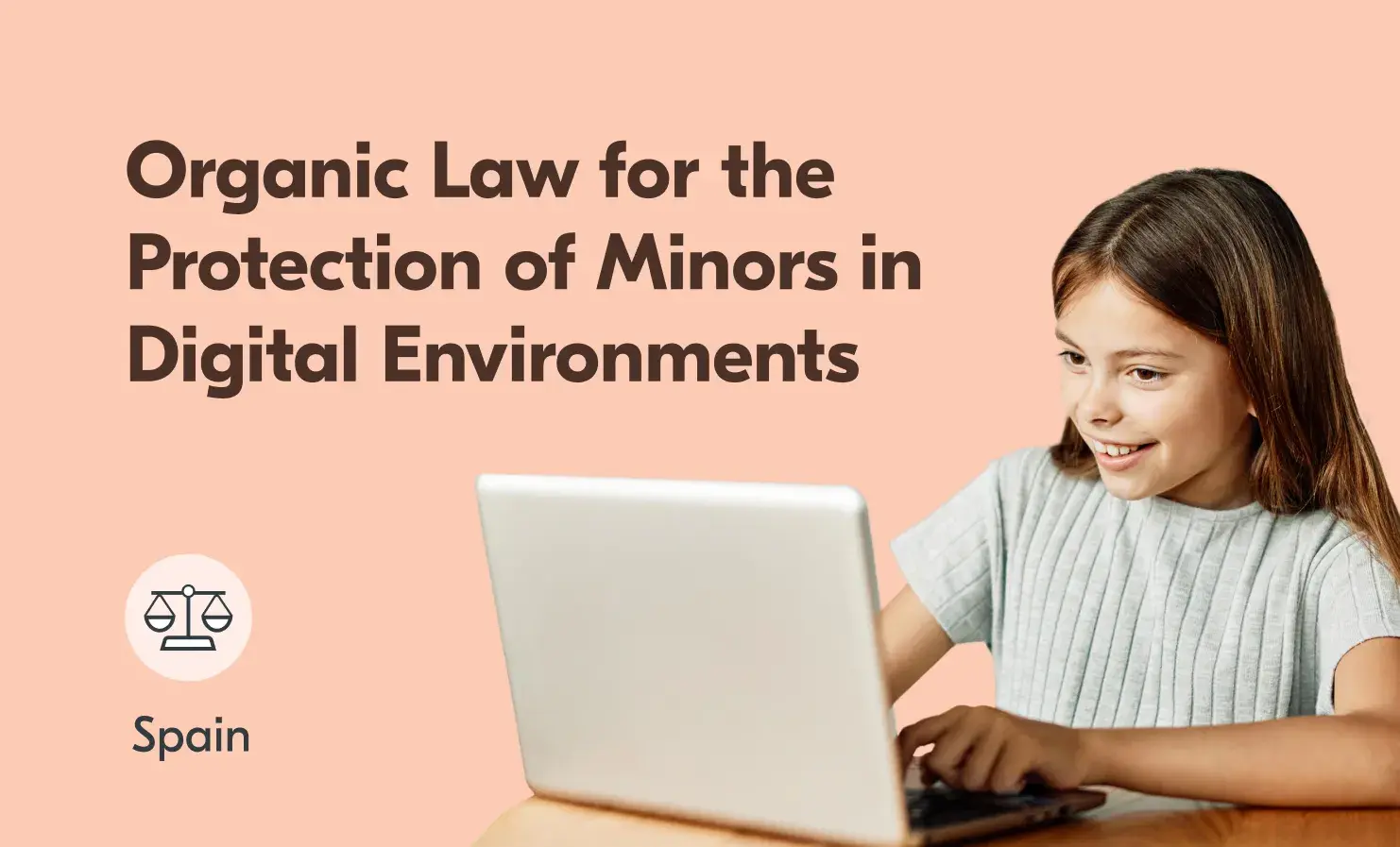Age verification
Why am I being asked to prove my age online?
If you’ve recently been asked to prove your age while trying to access a website, use an app or watch a video online, you’re not alone. The UK’s Online Safety Act is now in force. From 25th July 2025, businesses are required, by law, to take stronger steps to protect children from harmful or inappropriate content online. One of the biggest changes is the introduction of age checks for online users. We break down exactly why you’re being asked to prove your age, how it works, what it means for your privacy and how we’re helping make age checks
Yoti supports platforms as UK’s Online Safety Act comes into force
Today marks a major moment for the internet in the UK: the country’s new Online Safety Act officially comes into force, bringing in a new chapter of accountability for digital platforms and service providers. From social media and gaming, to porn and dating, we’re pleased to be supporting platforms with highly effective, robust and privacy-preserving age assurance solutions. The legislation requires platforms to protect children from harmful or inappropriate content, prevent underage access, and build safer digital environments. Yoti’s age assurance technology is helping platforms to meet these new standards whilst protecting user privacy and anonymity. We’ve also been
How can I prove my age online?
You may have noticed that you’re being asked to prove your age more often online. This may be when you’re signing up for new streaming services, buying something online, making a new social media account or trying to access adult content. The UK’s Online Safety Act comes into effect on 25th July. It states that ticking a box saying “I’m over 18” is no longer good enough to keep children safe online. As a result, platforms must bring in stronger age checks for their users. It’s the responsibility of each platform to decide which age checking methods to accept.
Ireland’s Online Safety Code: what it means for online platforms and how to comply
What you need to know: Ireland’s Online Safety Code will hold video-sharing platforms accountable for keeping their users, especially children, safe online. Platforms with adult content, including pornographic or extremely violent content, must use age assurance to prevent children from accessing the content. These age assurance requirements come into force in July 2025. Platforms that don’t comply can face strong penalties – up to €20 million or 10% of annual turnover. From July 2025, video-sharing platforms in Ireland with pornography or extremely violent content will need to introduce age assurance to protect children from accessing their content.
Understanding age assurance in Spain's new online safety law
As digital technology continues to shape how people interact, communicate and consume content, protecting children online has become an increasingly urgent issue. Recognising this, the Spanish government has proposed the Organic Law for the Protection of Minors in Digital Environments. The law is now in its final stages of approval. While comparable initiatives such as the UK’s Online Safety Act and California’s Age-Appropriate Design Code exist in other jurisdictions, the Spanish law stands out for its broad scope and emphasis on enforceable age assurance, platform accountability and digital literacy. Its comprehensive framework places it among the leading examples of
"We need an army of Elliots" - why it’s bonkers we’re not using facial age estimation to sell alcohol
Let’s just get this out there: humans are not great at guessing ages. Don’t just take our word for it. Studies have proven this to be the case. Most of us reckon we can largely say if someone is under 25 using the Challenge 25 technique but when put to the test, the truth comes out: retailers do let some under 18s buy alcohol. Not always and not everyone, but some people are incorrectly estimated to be older than they really are. Let’s be honest, this is not ideal. Now, to be fair, not all humans are created equal.






